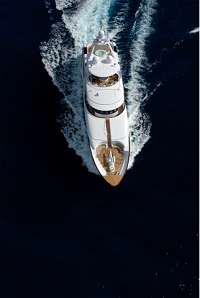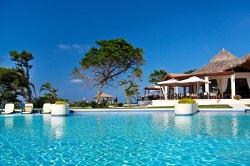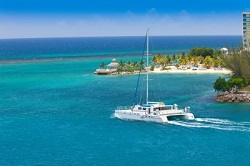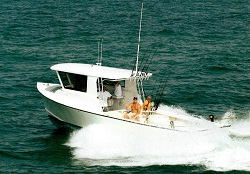The Sad Truth about your Caribbean or Latin American Dream Vacation in the Sun: Big Hotel Chains Spend Millions to Avoid Justice
You think they would learn, but they don’t as evidence in this article describing how 3 Americans were found Dead at Sandals Resort in the Bahamas, with a 4th hospitalized
Carbon monoxide from air conditioners previously complained about is reputed to be the culprit. Bad maintenance? Lack of real concern? Bad attention to detail on something they already have been given notice about? Sure seems that way, doesn’t it?
However, …
Without the right attorney, they may never answer for what seems to be their clear negligence.
Sandals, Riu, Hilton, Hyatt, Hedonism, Ritz-Carlton, Atlantis, Marriott, and Wyndham, all have spent millions on resorts and hotels in the Caribbean and Latin America bearing their names. They also have spent millions to “insulate” themselves and arrange things so that US courts cannot bring them to justice for negligent injuries occurring there to their guests. In many years of legal practice and bringing Caribbean and Latin American resorts to justice, it is our opinion at Peter M. Commette, P.A., that these big hotel chains, whose resorts bear their name and suggest their quality and good faith, knowingly allow those same resorts to provide substandard care and service.
Substandard care and service, in a country where things cost less and the medical care is low quality, add up to big profits in the sun and injuries, sometimes death, to resort guests. When that happens, you will find that a separate island company or Latin American company, with a separate name and identity, in reality owns and operates the resort. Based on the corporate shell game they have set up, these well-known and trusted brands will argue that they are not subject to the jurisdiction and justice of the U.S. courts. Further “insulating” the resorts from real justice, far too late the guests or their bereaved families realize that the resorts’ or hotels’ Terms and Conditions on their websites and that were signed upon registration require injuries and death to be compensated under Third World Law, in Third World Courts, in Third World Currency. At Commette Law, we have spent decades working through the labyrinth of shell corporations set up to “insulate” from justice those whom we believe to be the real culprits, and we have spent years studying and understanding the laws of jurisdiction and Forum Non Conveniens to win your case in the United States, providing our clients with recoveries under U.S. law, in U.S. Courts, in U.S. currency.
Attorney Peter Commette understands what is necessary to hold the real resort property owners accountable for the damages they cause their guests. From slip and fall cases, to wrongful death, to rape, to a case involving the abduction and disappearance of a guest from an all-inclusive resort in Jamaica, we have handled a full array of motel, hotel and resort litigation matters. We at Peter M. Commette, P.A. handle the simple to the complex cases, all of which involve thorough investigation and a clear presentation of facts to successfully obtain full compensation for injuries and losses.
Peter Commette and the compassionate, experienced staff at Peter M. Commette, P. A. are a well-regarded personal injury and wrongful death firm. They treat clients with a kind, gentle approach and the respect and care that you deserve — but seek justice on your behalf with fierce tenacity. We look forward to representing you.







